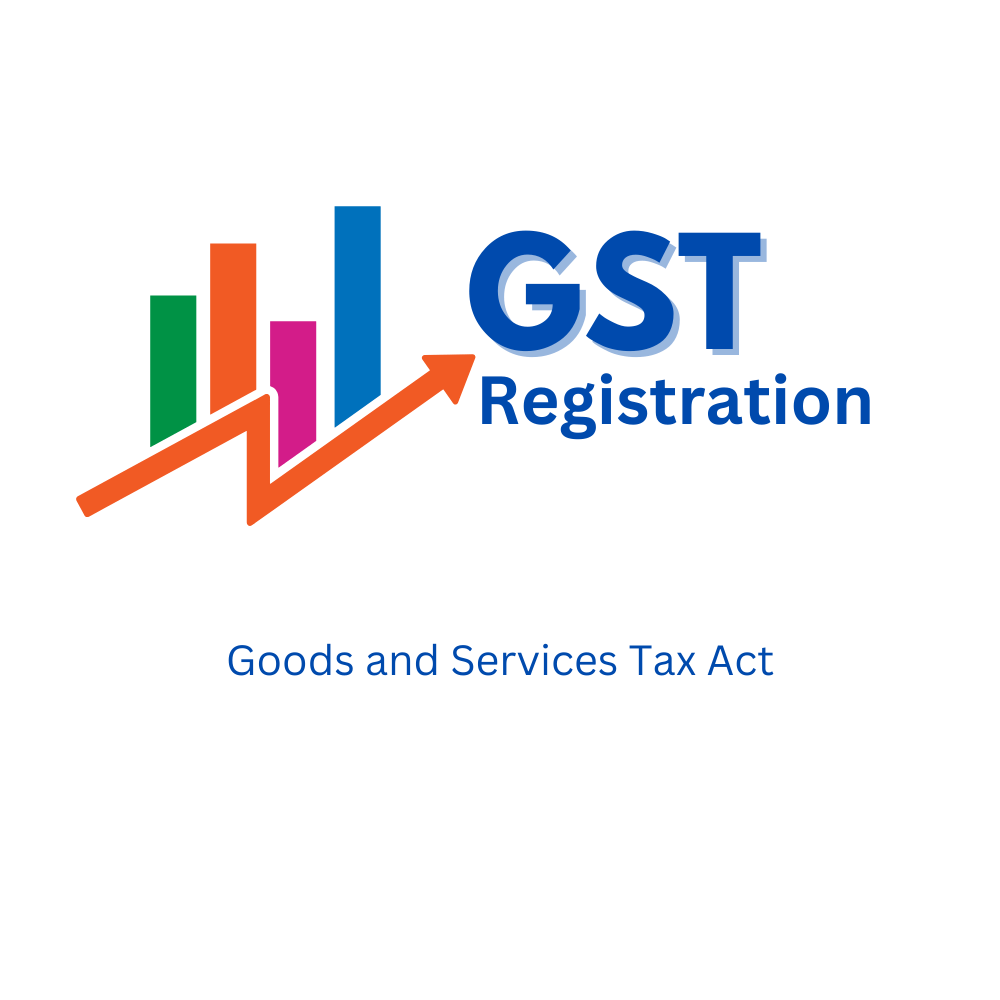From Start to Finish: The Ultimate Roadmap to GST Enrollment for Services Looking For Financial Stability
Navigating the complexities of Product and Provider Tax (GST) registration is a crucial step for companies aiming for monetary stability. Breaking down the roadmap into manageable steps can improve the registration journey for companies looking to enhance their monetary standing.
Comprehending GST Basics
Looking into the fundamental concepts of Goods and Provider Tax (GST) is essential for getting a detailed understanding of its effects on organizations and the economic situation. GST is a value-added tax obligation levied on most goods and solutions for residential consumption. It has actually replaced multiple indirect tax obligations that existed in the pre-GST age, improving the tax framework and improving simplicity of doing service in India. Under the GST system, both solutions and products are exhausted at a specific price, which is identified based on their category. Services are required to sign up for GST if their annual turn over surpasses the threshold limit set by the federal government. Input Tax Debt (ITC) is a significant attribute of GST, allowing companies to assert credit history for tax obligations paid on inputs, lowering the total tax concern. Comprehending the fundamentals of GST is important for organizations to abide by tax policies, manage their finances effectively, and contribute to the country's financial development by taking part in a clear tax obligation system.
Qualification Criteria for Enrollment
As of the present policies, the threshold limit for GST registration is an annual accumulation turnover of 40 lakhs for companies running within a state, except for unique classification states where the limitation is 20 lakhs. Furthermore, particular services are needed to sign up for GST regardless of their turnover, such as interstate vendors, laid-back taxable persons, and businesses responsible to pay tax obligation under the reverse charge system. It is important for services to thoroughly evaluate their turn over and purchase types to determine their GST enrollment commitments accurately.
Files Required for Registration
Having actually satisfied the eligibility standards for GST registration, companies must now guarantee they have the requisite documents in area to continue with the enrollment procedure successfully. like it The papers needed for GST registration generally include proof of service constitution, such as collaboration action, enrollment certification, or incorporation certification for different types of companies. In addition, services need to provide files establishing the primary place of company, such as a rental agreement or electricity expense.
Step-by-Step Enrollment Refine
Beginning the GST registration procedure involves a collection of organized steps to guarantee a smooth and compliant enrollment for businesses. The very first step is to visit the GST website and complete the registration form with exact information of business entity. Following this, the applicant gets a Momentary Reference Number (TRN) which is used to resume the application procedure if it's not finished in one go.
Following, all called for documents as per the checklist offered by the GST portal requirement to be posted. These documents normally include proof of service identification, enrollment and address evidence of marketers, monetary statements, and service entity's frying pan card.

Post-Registration Conformity Standards

Final Thought
Finally, services looking for monetary stability needs to comprehend the fundamentals of GST, satisfy qualification requirements, collect required files, follow the blog step-by-step enrollment procedure, and follow post-registration guidelines - Best GST registration services in Singapore. By sticking to these actions, services can make sure compliance with tax regulations and keep economic security in the lengthy run
In addition, specific services are called for to register for GST irrespective of their turnover, such as interstate vendors, laid-back taxable individuals, and organizations liable to pay tax obligation under the reverse cost system.Having actually fulfilled the eligibility criteria for GST enrollment, companies should currently guarantee they have the requisite papers in area to proceed with the enrollment procedure efficiently. The records required for GST registration generally consist of proof of organization constitution, such as partnership act, registration certification, or consolidation certification for different kinds of businesses. In addition, companies require to provide records establishing the major location of organization, such as a rental contract or electricity expense.Starting the GST registration process entails a series of structured actions to ensure a compliant and smooth enrollment for companies.